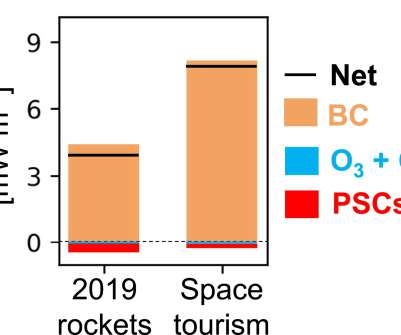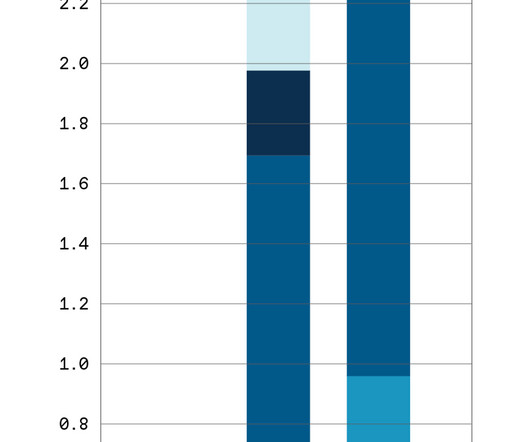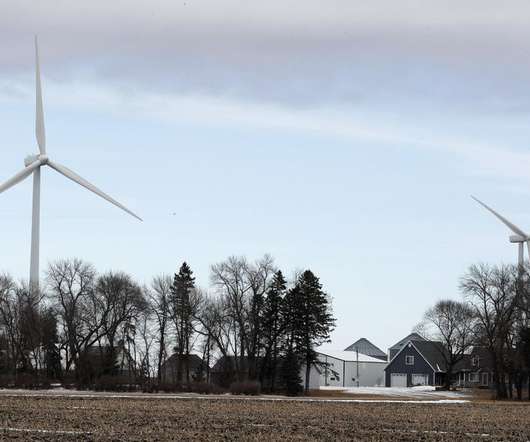Greyrock, NREL study determines reduction in GHG and criteria pollutant emissions from using synthetic fuels produced from flare gas
Green Car Congress
JULY 11, 2018
A “well-to-wheel” life cycle assessment (LCA) by a team from synthetic fuels producer Greyrock ( earlier post ), and the National Renewable Energy Laboratory (NREL) has determined the potential reduction of greenhouse gases and criteria pollutant emissions from the use of synthetic fuels directly converted from flare gas. billion liters (18.8



































Let's personalize your content